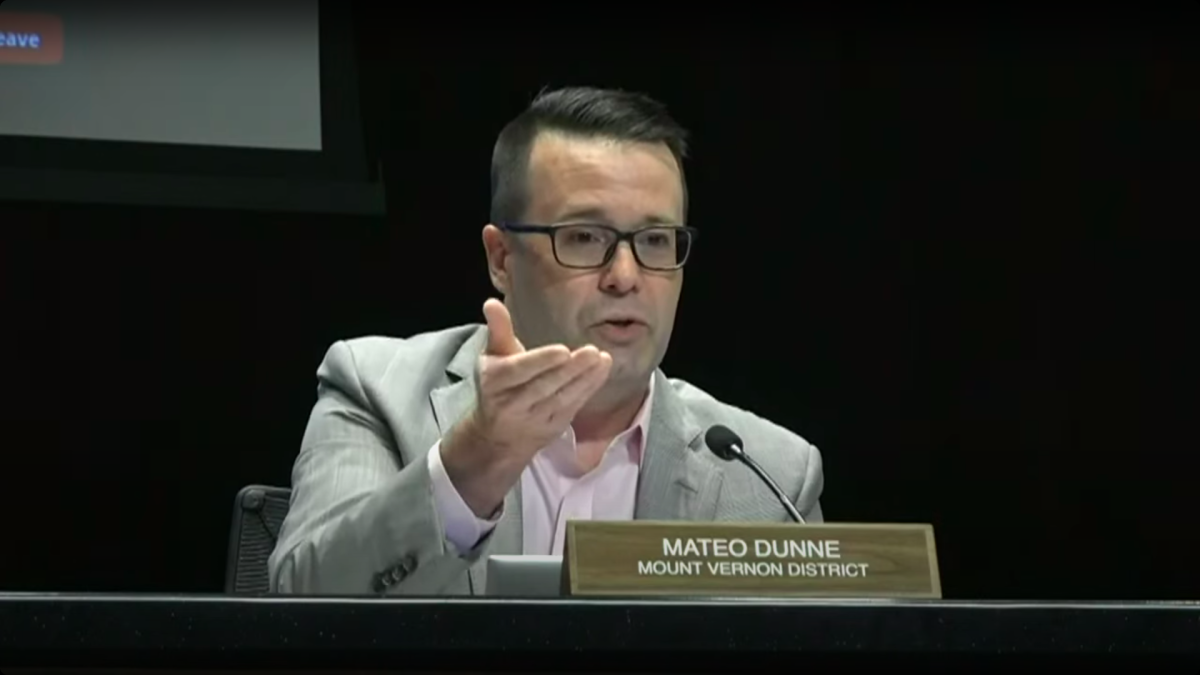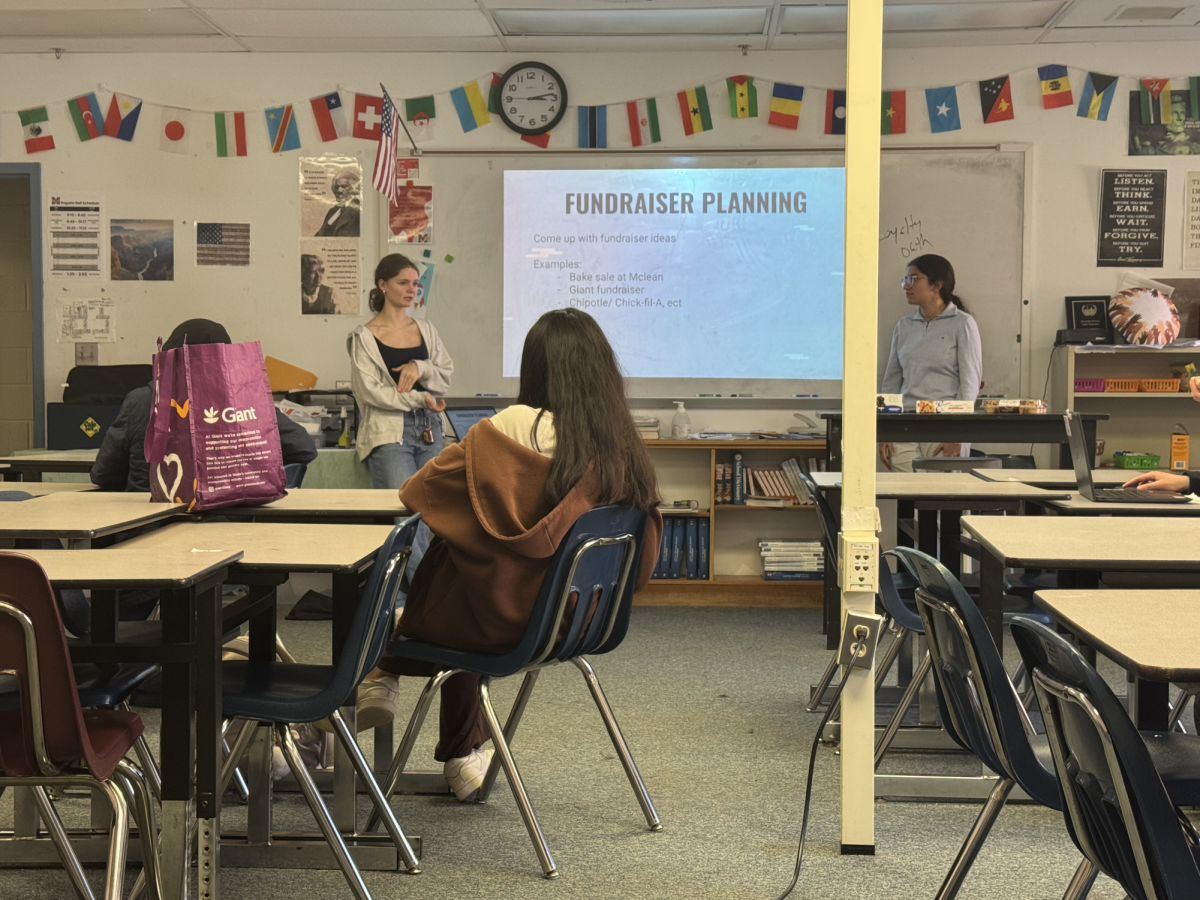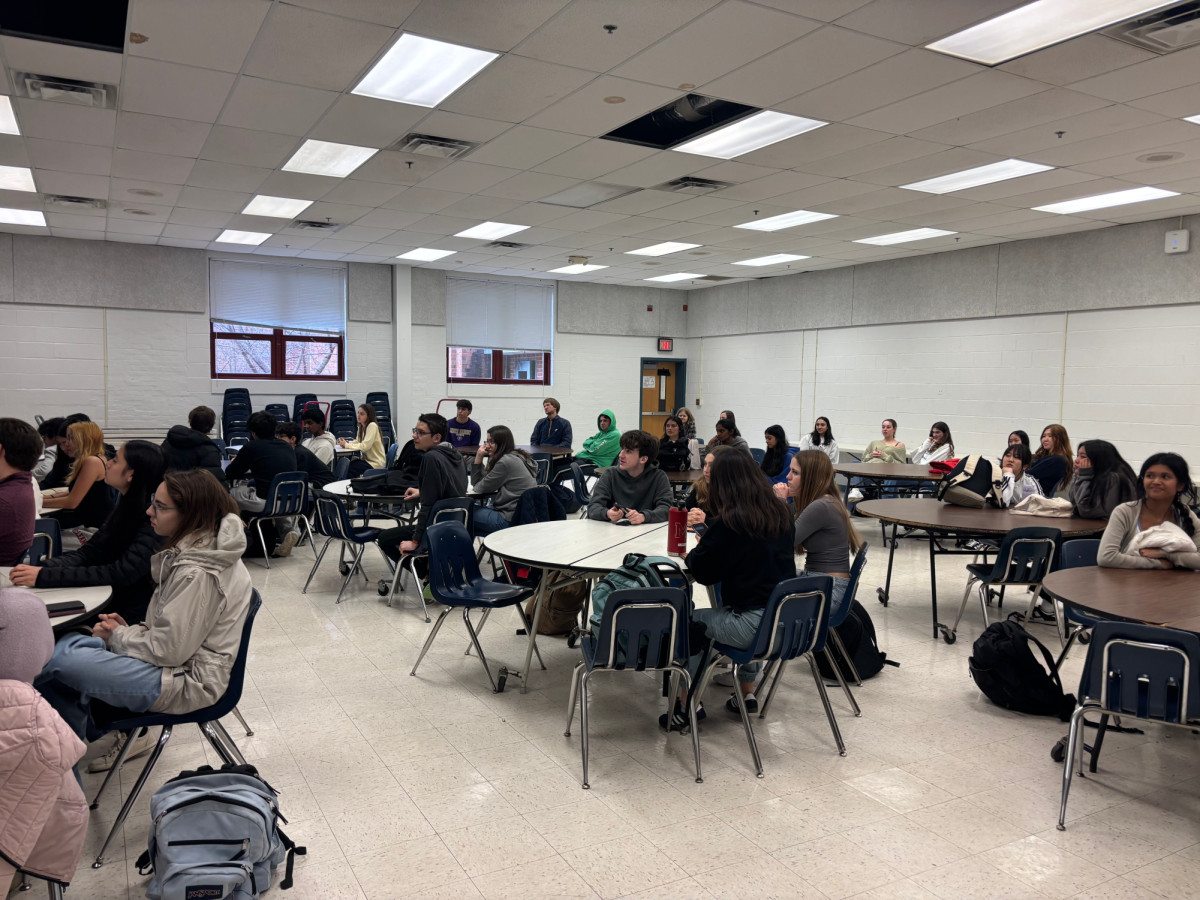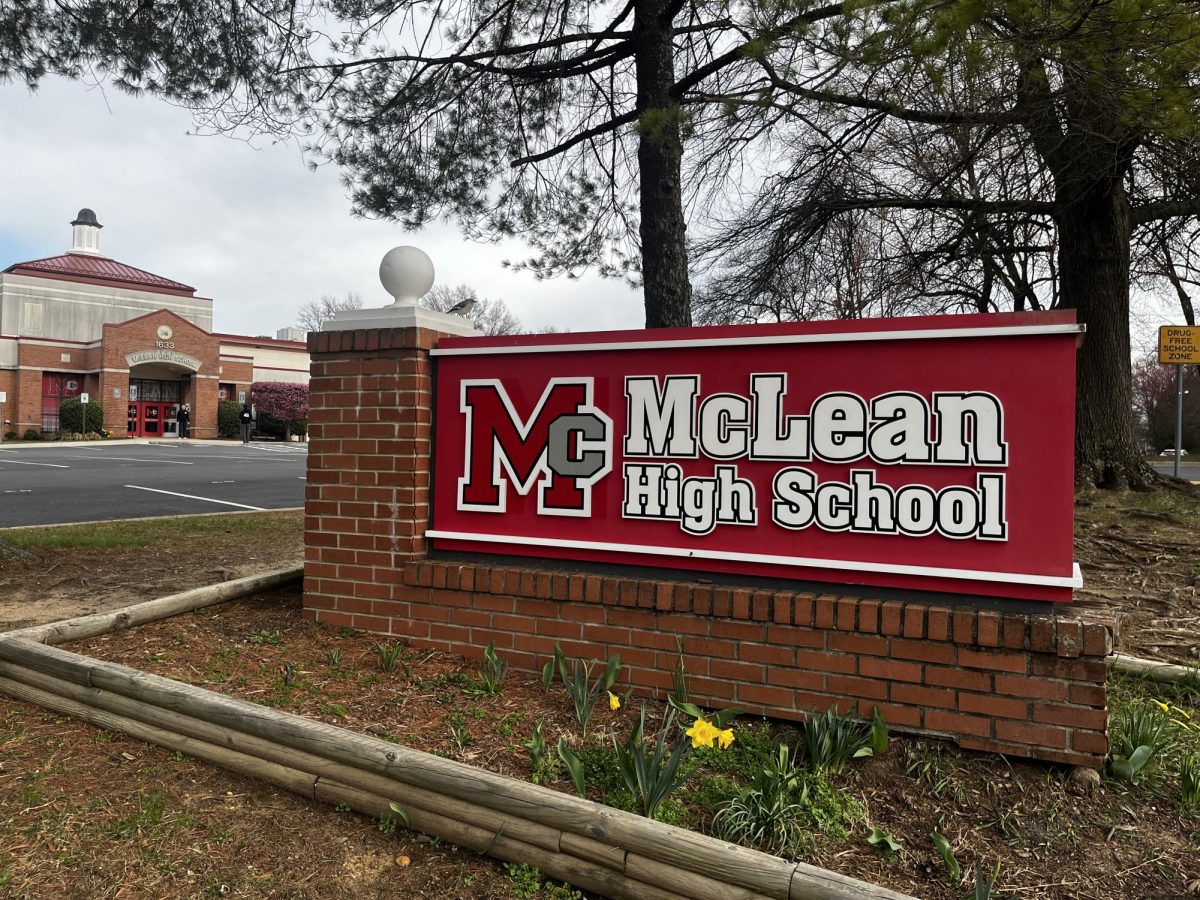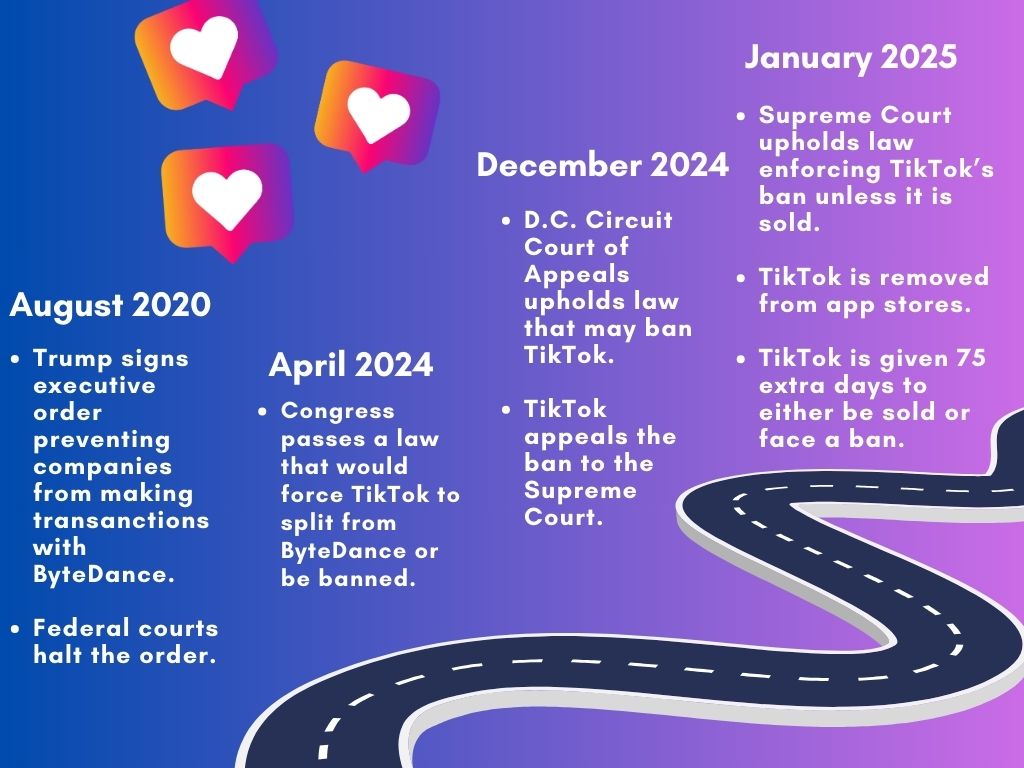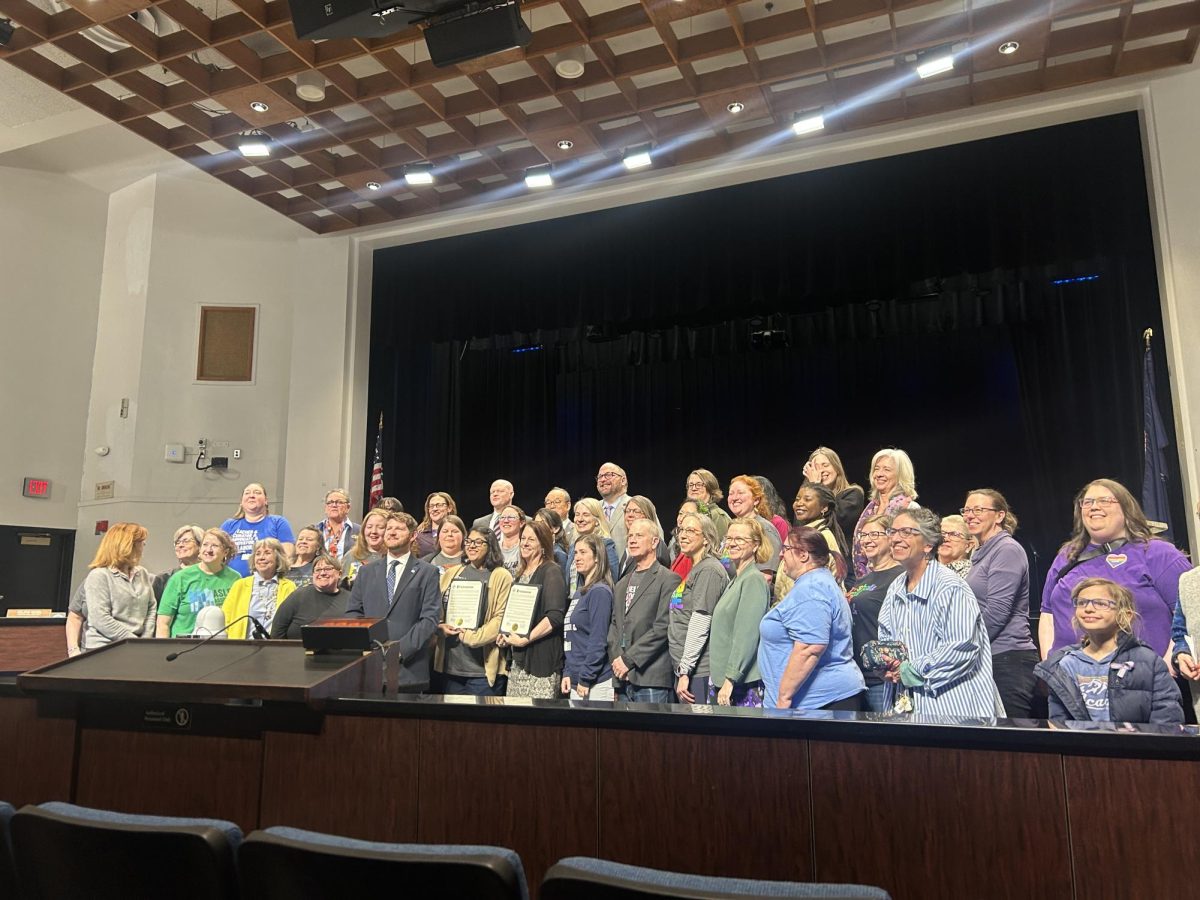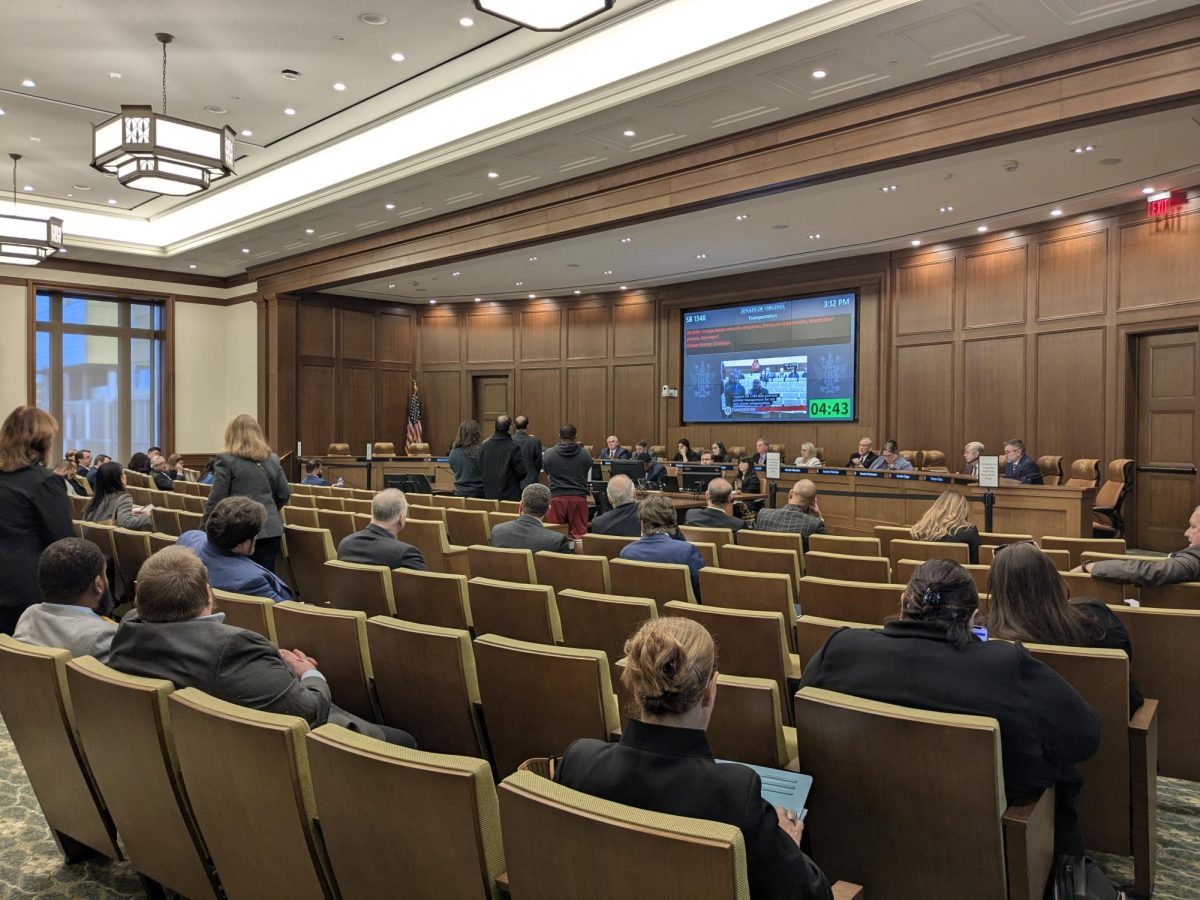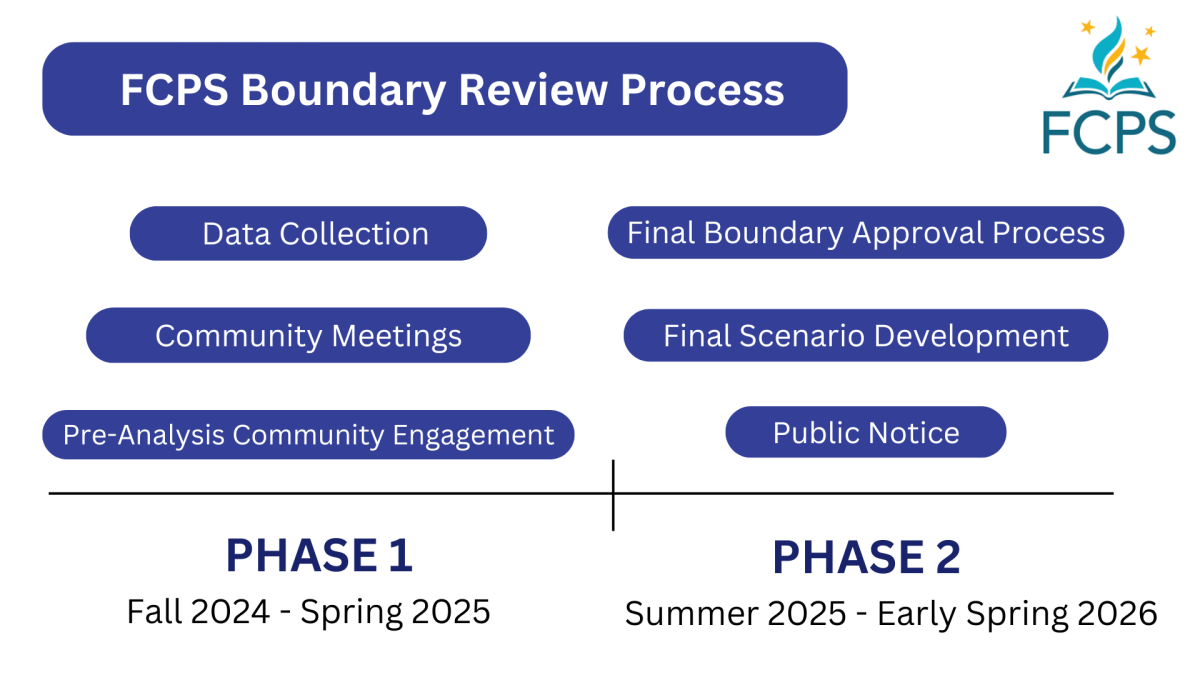Yesterday, the FCPS school board voted to adopt the budget for FY 2025. Although three amendments to the budget were introduced, none of them passed. The new budget represents an increase of 233.2 million dollars over the 2024 budget, providing funding for areas such as employee salaries, school safety and school nutrition.
While the meeting was primarily focused on the allocation of funds for employee salaries, FCPS was unable to provide the anticipated 6% increase for salaries, with the amount being amended to 4% instead.
“The approval of a budget always elicits strong reactions and emotions,” said Ricardy Anderson, school board representative for the Mason district. “We must acknowledge our disappointment with this budget for this board as our full request has not been granted.”
Virginia circumscribes the potential sources of tax revenue for localities as a Dillon Rule state, limiting the potential tax revenue that trickles into the school board. With these tight restrictions in place, the Board of Supervisors was only able to provide 165 out of 254 million dollars requested by the school board, forcing FCPS to reconsider their increase in teacher salaries.
“[The budget] is always a delicate balance between competing needs as there is not unlimited resources,” said Kyle McDaniel, school board member at-large. “In Virginia in particular, school boards are not allowed to raise their own revenue, so there is another layer of complexity.”
Initially, this meant that FCPS would reduce the salary increase to 3%, as uncertainty still existed concerning the final amount that would come directly from the Virginia state budget. This situation was exacerbated by the delayed passing of the state budget, which was only finalized on May 13. With the state budget signed, FCPS is expected to receive an additional 35.3 million dollars, with 28.5 million being allocated to provide for a 4% instead of 3% salary increase.
While the salary increase was reified by this development, the school board did not have a uniform path forward. School board member Mateo Dunne, who represents the Mount Vernon District, was concerned that the budget was unbalanced. Dunne advocated for a salary increase for teachers, but not for employees in the FCPS central office.
“Every bit of data we have indicates that central office administrators and administrative staff are paid at or above market for almost every stage of their career,” Dunne said. “We also know that teachers and support staff are paid well below market. In some cases, they are paid tens of thousands of dollars well below market at different stages of their career.”
Dunne introduced three amendments aimed at bifurcating the funding to address this perceived flaw, with each utilizing a separate approach. Amendment one aimed to only provide a 5% increase for certain FCPS employees like teachers, allocating no additional funds for others. In contrast, amendment three was a compromise that implemented a 3% increase for all employees, with an additional 1.454% increase for specific pay scales such as the ones that teachers are on.
However, other school board members objected to this approach. Some contended that the original 6% increase in pay was already insufficient and that the total removal of a salary increase would be unacceptable. Others argued that such a system would not pay all the employees fairly for their work, creating an unfriendly work environment.
“[Amendment three] would create a school environment where we are giving differentiated pay and that’s not something that I’d like to see,” said Ryan McElveen, school board member at-large. “I appreciate the intent behind this, but when you start to differentiate, it becomes very challenging and you end up pitting people against each other.”
Ultimately, the school board passed the budget, moving into follow-on motions that primarily dealt with gathering insight into areas such as school infrastructure, leasing expenses and school transportation. Board members articulated that the budget was hampered by their lack of control and funding from state and county. Despite passing the budget, the school board hoped that more could have been done.
“Our county is getting more and more expensive to live in and we are not able to meet the needs of teachers and other staff members,” said Seema Dixit, school board representative for the Sully district. “I support the budget but this is not what we wanted. We wanted to do the best we could.”


